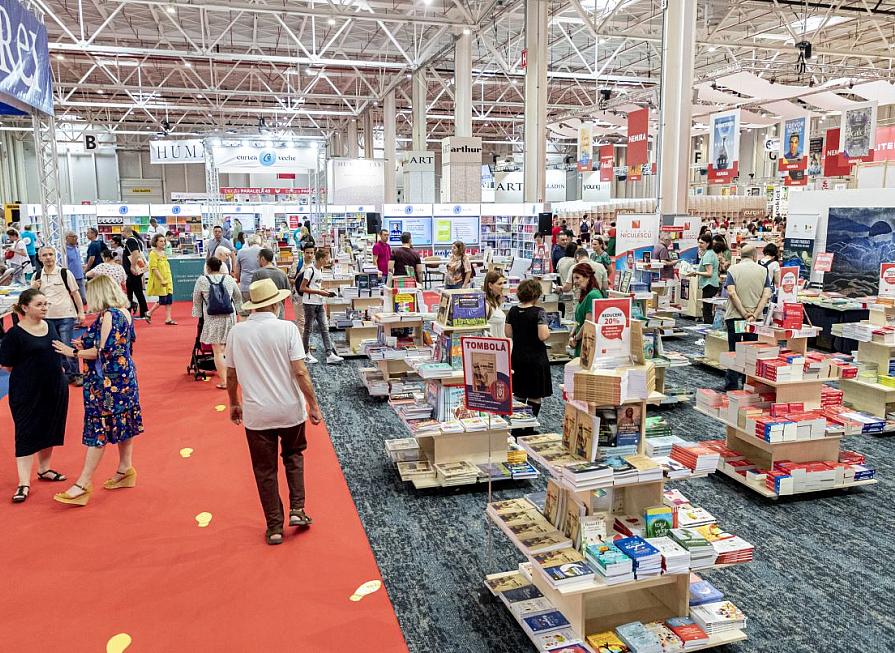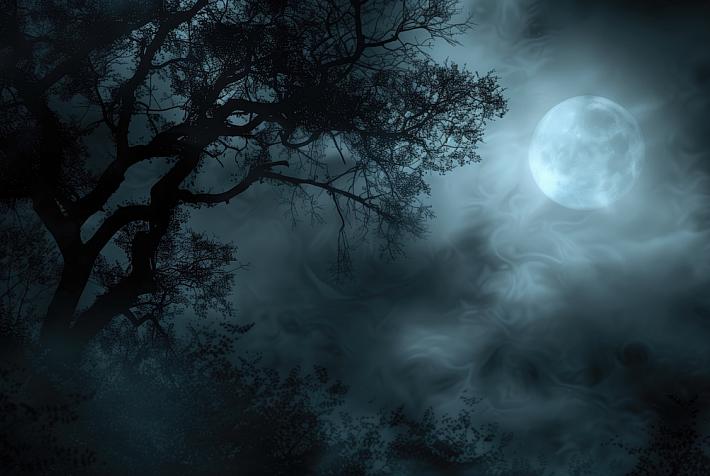Romanian-born writer Norman Manea (in picture), who lives in the United States, will attend the upcoming Gaudeamus book fair in Bucharest, which will take place at Romexpo between November 18 and 22. Manea will be one of the guests of honor of this year's edition, together with a group of foreign writers.
Romanian poet Adrian Paunescu died of cardiac arrest, kidney and liver block this morning at the Floreasca Emergency Hospital, where he had been hospitalized on October 26. Paunescu, 67, started the Flacara literary circle during the communist period, in 1973, which became an influent literary and social movement especially among the youth of the time.
American historian Larry Watts will launch his most recent book 'With Friends Like These: The Soviet Bloc's Clandestine War against Romania' on November 12 at the Anthony Frost Bookshop from 17,00 hours (45 Calea Victoriei St).
Zoltan Boszormenyi was born in 1951 in Arad, Romania. He started out studying ballet at a Hungarian high school in Cluj, he arrived in Canada where he graduated from York University of Toronto with a major in philosophy and now he is among the best known Romanian-born writers.
Romanian writer Norman Manea will be on a tour in Spain in the first part of October, where he will meet Spanish writer Antonio Muñoz Molina. The tour is organized by the Romanian Cultural Institute in Madrid (ICR).
“I started taking pictures of everyday life, like a tragy-comedy. I was hoping to be able to gather these images in a book twenty years later” – remembers architect Andrei Pandele.
The Passport is the English translation of Der Mensch ist ein grosser Fasan auf der Welt (Man is a great pheasant in the world), written in 1986. It is a novel (or novella) about a Romanian (ethnic German) man,Windisch, a village miller, who searches a way to bribe the communist officials for a passport which will allow him and his family to return to West Germany.
Poet, translator, essayist, and lecturer, influenced by French surrealism and symbolism, Celan was born in Romania, he lived in France, and wrote in German. His parents were killed in the Holocaust; the author himself escaped death by working in a Nazi labor camp. "Death is a Master from Germany", Celan's most quoted words, translated into English in different ways, are from the poem 'Todesfuge' (Death Fugue).
n Romania in the 1960s and 1970s, Cioran was a mysterious, almost mythological, presence. One would hear that such a person existed, but it was impossible to read him. His French books were neither sold nor published in translation, and his Romanian books had disappeared without a trace. Although he had departed his homeland some ten years before the war and the communist takeover, he was as invisible as the most unspeakable, or un-nameable, of non-persons
Romanian-born writer Norman Manea (in picture), who lives in the United States, will attend the upcoming Gaudeamus book fair in Bucharest, which will take place at Romexpo between November 18 and 22. Manea will be one of the guests of honor of this year's edition, together with a group of foreign writers.
Romanian poet Adrian Paunescu died of cardiac arrest, kidney and liver block this morning at the Floreasca Emergency Hospital, where he had been hospitalized on October 26. Paunescu, 67, started the Flacara literary circle during the communist period, in 1973, which became an influent literary and social movement especially among the youth of the time.
American historian Larry Watts will launch his most recent book 'With Friends Like These: The Soviet Bloc's Clandestine War against Romania' on November 12 at the Anthony Frost Bookshop from 17,00 hours (45 Calea Victoriei St).
Zoltan Boszormenyi was born in 1951 in Arad, Romania. He started out studying ballet at a Hungarian high school in Cluj, he arrived in Canada where he graduated from York University of Toronto with a major in philosophy and now he is among the best known Romanian-born writers.
Romanian writer Norman Manea will be on a tour in Spain in the first part of October, where he will meet Spanish writer Antonio Muñoz Molina. The tour is organized by the Romanian Cultural Institute in Madrid (ICR).
“I started taking pictures of everyday life, like a tragy-comedy. I was hoping to be able to gather these images in a book twenty years later” – remembers architect Andrei Pandele.
The Passport is the English translation of Der Mensch ist ein grosser Fasan auf der Welt (Man is a great pheasant in the world), written in 1986. It is a novel (or novella) about a Romanian (ethnic German) man,Windisch, a village miller, who searches a way to bribe the communist officials for a passport which will allow him and his family to return to West Germany.
Poet, translator, essayist, and lecturer, influenced by French surrealism and symbolism, Celan was born in Romania, he lived in France, and wrote in German. His parents were killed in the Holocaust; the author himself escaped death by working in a Nazi labor camp. "Death is a Master from Germany", Celan's most quoted words, translated into English in different ways, are from the poem 'Todesfuge' (Death Fugue).
n Romania in the 1960s and 1970s, Cioran was a mysterious, almost mythological, presence. One would hear that such a person existed, but it was impossible to read him. His French books were neither sold nor published in translation, and his Romanian books had disappeared without a trace. Although he had departed his homeland some ten years before the war and the communist takeover, he was as invisible as the most unspeakable, or un-nameable, of non-persons









